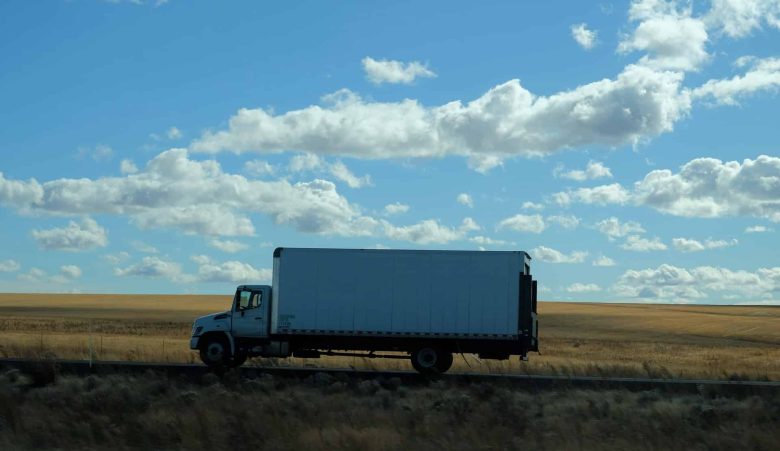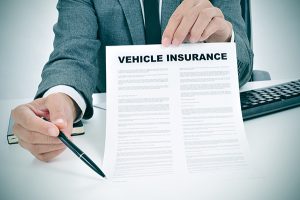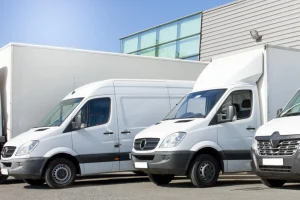Fleet insurance is designed to cover more than one vehicle under one policy. This makes it easier and saves you money. Fleet insurance is a convenient way for small businesses to handle auto insurance without having to carry a different policy for each vehicle. Businesses with two or more vehicles often need this type of coverage, which includes a range of options from liability coverage to comprehensive protection. Fleet insurance can be tailored to the needs of different types of small businesses, such as trucking companies, delivery services, and salespeople.
1. Why Small Businesses Need Fleet Insurance
Small businesses that need access to vehicles that are essential to their operations can benefit from fleet insurance. Whether you’re transporting goods, making deliveries, or meeting customers, your business needs reliable auto insurance to keep things running smoothly. Without the right insurance, an accident can result in expensive repairs, legal fees, or even downtime that can stop your business from operating. With fleet insurance, all of your vehicles are covered under the same insurance plan. This makes it easier to keep track of payments, claims, and renewals.
2. Different Coverages in Fleet Insurance
Fleet insurance plans can be customized to meet the needs of different types of businesses. Third-party liability insurance, third-party liability insurance, fire and theft insurance, and comprehensive insurance are the most common types of insurance. Third-party liability insurance can protect you from damage to someone else’s car or property in the event of an accident. On the other hand, third-party fire and theft can also protect you from damage caused by theft and fire. This type of insurance is typically the most expensive and protects your fleet vehicles and any third-party claims. To choose the right amount of coverage, small businesses should carefully consider their needs.
3. Why Small Businesses Should Buy Fleet Insurance
Fleet insurance offers many benefits to small businesses. It is easier to manage your paperwork and renew your policy when you first get it. You can also save on premiums when you buy fleet insurance, as many insurance companies offer discounts for covering multiple cars under one policy. It also offers multiple driver options, allowing any authorized employee to drive any insured vehicle. This adaptability is ideal for smaller businesses where drivers share loads or where the vehicle can be used for multiple purposes.
4. Factors That Affect Fleet Insurance Costs
Fleet insurance costs vary based on several factors, including the number of vehicles, type of insurance, driver history, and type of business. Insurance rates may be higher for vehicles with higher mileage or that are frequently used in dangerous locations. Additionally, past accidents or claims can also cause insurance premiums to increase. Small businesses looking to save money should look for ways to improve their driver records, keep their vehicles in good condition, and obtain discounts. Some insurance companies offer discounts to companies with a good safety record or that use telematics technology to monitor driving behavior.
5. Every Driver vs. Non-Driver Designated Driver Rules
There are two main types of driver coverage in fleet insurance: driver plans and named driver plans. Every driver coverage means that each approved employee can drive an insured car. This option gives you more freedom, but the insurance company may charge you more because they cover more cars, which means they are taking on more risk. Named driver policies, on the other hand, only cover a specific group of people, which means that premiums are cheaper. Small businesses should consider their own needs to find the best option for their budget and operations.
6. Fleet Telematics and Insurance
Telematics is becoming increasingly popular in fleet insurance, especially for smaller businesses looking to lower rates and make drivers safer. The telematics system tracks things like speed, parking conditions, and how much gas the car is using. This helps businesses monitor and control how their vehicles are being used. Insurance companies often offer lower premiums to drivers who follow safe driving practices. This makes telematics a good choice for businesses that prioritize safety. Small businesses can look at telematics data to find areas where drivers can improve. This allows them to make informed decisions about training or policy changes.
7. Choose the Best Fleet Insurance Company
For small businesses, choosing the right fleet insurer is important. You should consider the provider’s reputation, customer service, how they handle claims, and how easy it is to customize your policy. Additionally, business owners should check if the insurance company offers additional services, such as roadside assistance, telematics support, or safe driving discounts. Reading reviews and comparing quotes can help you make your choice. It is best to find a provider who understands the needs of small businesses and can provide answers that are tailored to their specific needs.
8. How to File a Claim for Fleet Insurance
When a small business is purchasing fleet insurance, it is important to understand how the claims process works. An easy-to-understand claims approach can save you time and stress after an accident. Small businesses should ask their insurance company about their claims process, such as what documents are required, how long it takes to get a response, and what assistance is available during the claims process. Understanding how the process works and having a plan for how to handle accidents or other issues will help your business operate easily and with as little hassle as possible.
9. Fleet Insurance as a Long-Term Investment
Fleet insurance is an investment that small businesses that need vehicles should consider for the long term. It protects your money, reduces the chance of losing it, and keeps your operations running smoothly. Taking good care of your drivers and vehicles is good for your business because it builds trust with your customers. Fleet insurance may seem like an added expense, but the benefits often outweigh the costs, especially if unexpected accidents occur.
FAQs
1. What type of protection do you offer?
Every driver policy allows any authorized employee to drive any insured vehicle. This gives you more choice, but it can also increase your premiums.
2. Can telematics help reduce the cost of group insurance?
Yes, telematics can track and improve how people drive, allowing companies with good safety records to get lower insurance rates.
3. What about truck insurance? Does it only cover commercial use?
Fleet insurance often covers cars that are used for work, so it is important to make sure that the way you want to use your car is allowed by your policy.
4. What should I look for in a fleet insurance company?
Look for an insurance company with a good reputation, a variety of policy options, helpful customer service, and an easy-to-understand claims process.
5. How many vehicles do I need to have a group policy?
Most insurance companies require at least two vehicles on the contract to be considered fleet insurance, but this can vary from company to company.




